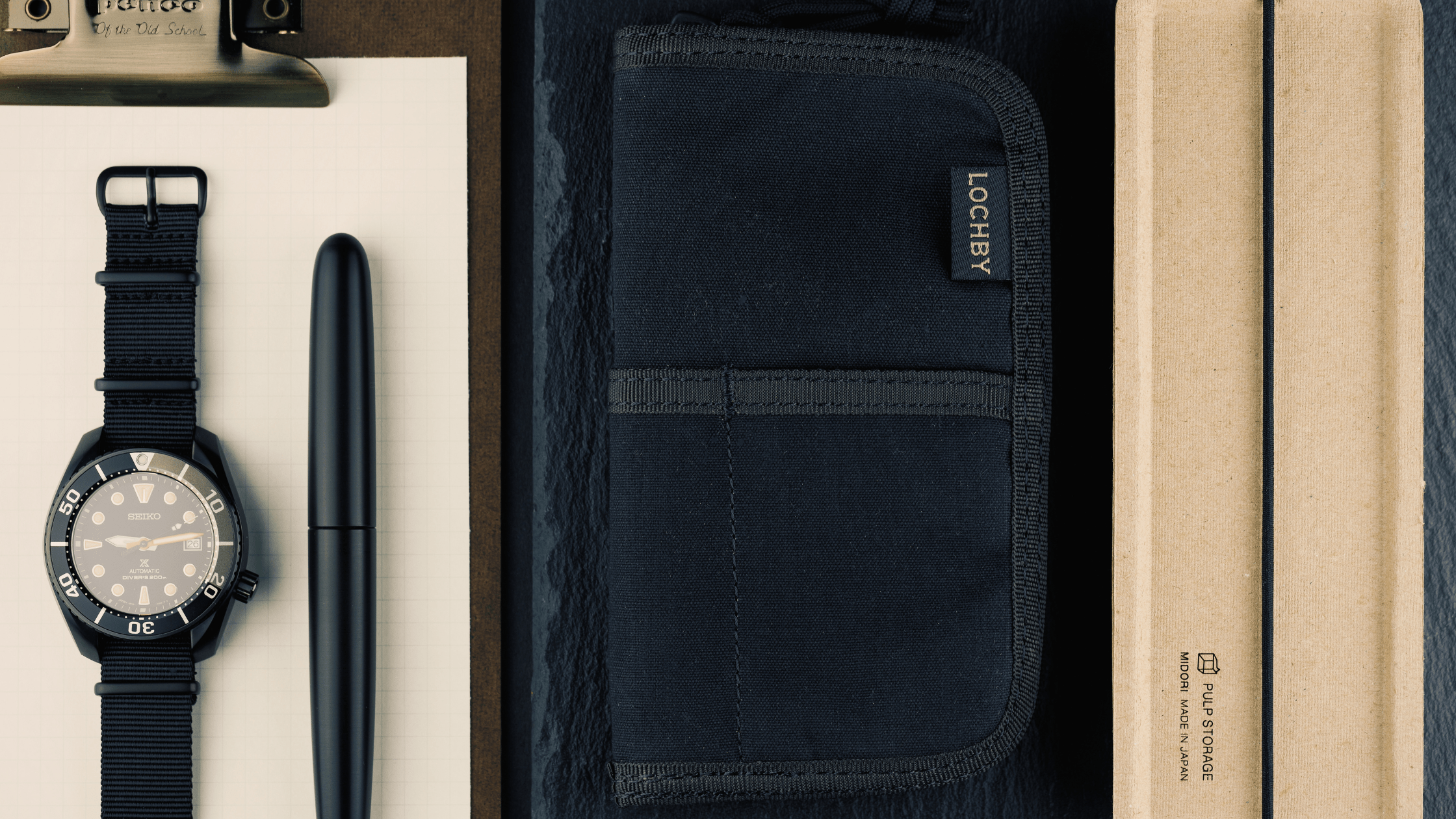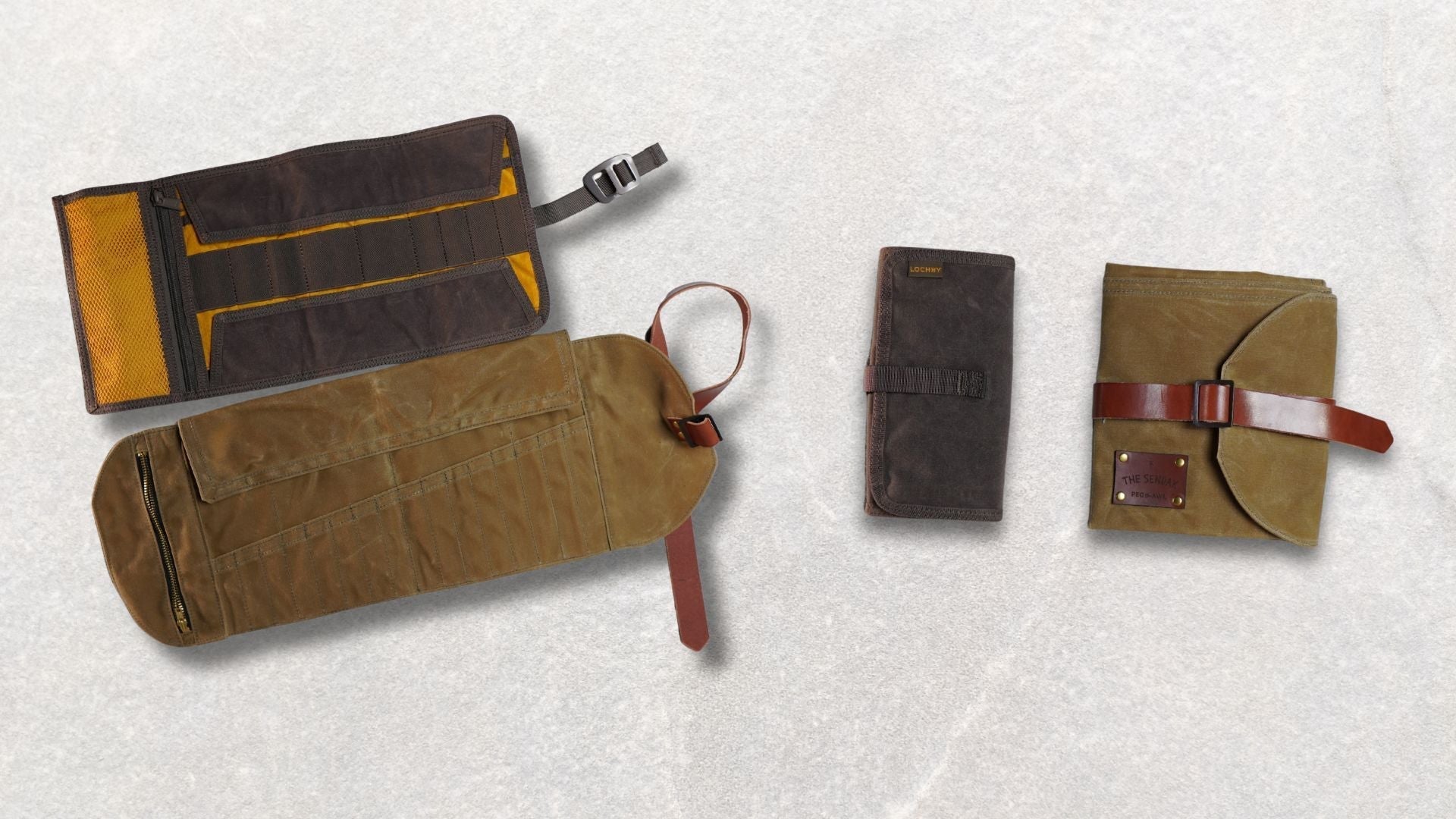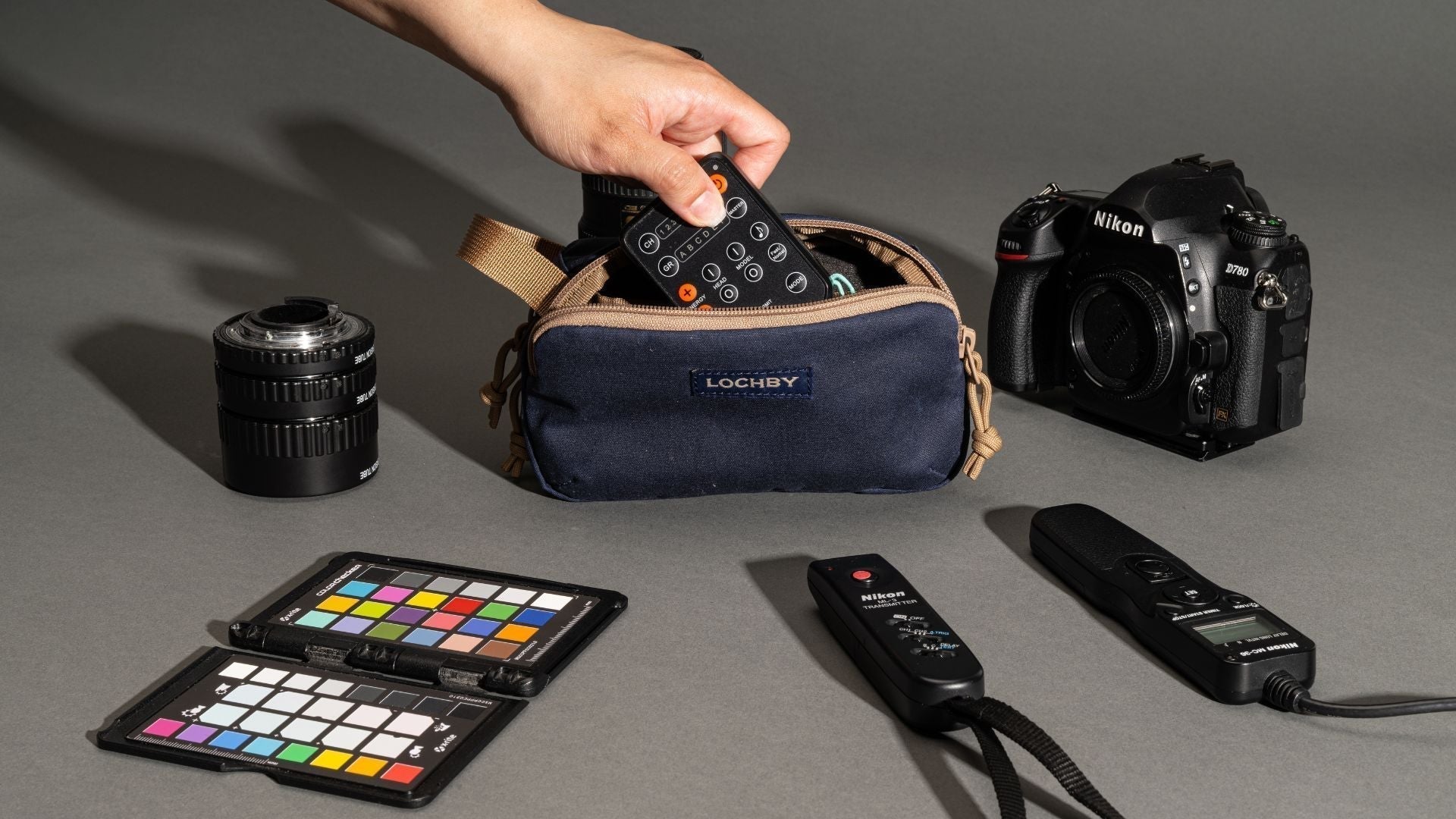Have you ever felt like the freedom you have to choose anything you want is the same reason you have a hard time making a choice in the first place? Just walk into a supermarket to buy milk and you’ll be confronted with this dilemma. How many different brands and varieties are there? Surely, a lot so that you don’t even know which one to pick up. This is called the paradox of choice, an inability to pick an option because “there are so many choices that you are overwhelmed.” It’s already difficult as it is when there are options presented, what more if the sky’s the limit?
As creatives, this is presented to us as a creative limitation. It refers to the restrictions or boundaries that constrain or influence our creation of art, design, or any other form of imaginative expression. These limitations can be caused by different things like budget, technology, ethical considerations, and personal beliefs, among others. Just like the paradox of choice, creative limitation is a challenge.
But not always.
Believe it or not, there's an upside to creative limitations: it can inspire us to think outside the box and come up with unique, innovative solutions to our creative problems. Once we break down the walls that keep us trapped inside our “box”, the very limitations we are faced with can actually be the reason we manage to create more and better. In today’s post, we explore exactly how.
1. It provides structure.
When we’re faced with limitations, we’re forced to work within a set of boundaries. Understandably, this can seem restrictive at first. But then, limitations can actually provide a framework that we can follow. It helps to guide our creative process and allows us to prioritize our efforts only on what’s essential. In this way, we get rid of minor or unimportant details, ones that serve only as a distraction.
For example, in order to write this article, I had to work with a specific word count. This has helped me figure out what aspects I wanted to shine a light on, which made outlining it easier. The word limit ensured I only spent time researching and writing about things relevant to my goal, saving me time and effort I would have wasted clicking around aimlessly reading everything under the sun related to creative limitations.
We already know that if we have too many options, it can become impossible to know where or how to start.
But if we work within a set of boundaries, we have a sense of direction—a starting point from where we can begin. This leads us to come up with a more effective and efficient creative process that allows us to focus on just creating.
2. It encourages further creativity.
Another thing that constraints help us with is how it encourages us to be more inventive. Because we’re working with limitations, we have no choice but to find new and creative ways to approach the way we work and create, which can lead us to amazing discoveries, not to mention a unique output that sets our work apart from others.
Take the concept of micro-fiction as an example: this genre requires writers to come up with a story that’s less than a thousand words. This means writers have to choose every word they use with care so that they can convey their message. The results are memorable stories that have great impact despite how concise they are, ones that resonate with readers even after they’ve finished reading. When we’re forced to think outside the box, we become more innovative and end up coming up with one-of-a-kind solutions.
3. It helps with acquiring new skills.
When you have no choice but to work within a set of boundaries, there’s no other way to get to creating other than being resourceful using whatever you have and within the timeframe you’re given. This can help with the development of different skills.
Let’s take a look at creatives who work with clients or companies that have tight deadlines—graphic designers for example: they have to find ways to work efficiently and prioritize tasks in order to meet whatever those deadlines are just because they don’t have the liberty of time. Even then, they’re expected to submit quality work. This helps them develop their time management skills so they can become more productive.
Depending on the situation we’re in and what we’re trying to create, limitations give us the opportunity to learn brand new skills that can only ever help us in the long run.
4. It helps with acquiring new skills.
Working with a certain limitation typically forces us to focus on specific things—aspects of what we’re trying to create, what skills we need to make it possible, and the ways we can develop those needed skills.
Let’s go back to writing as an example: most writers write for a particular genre which, in a way, can start out as very limiting. However, by working within the constraints of their genre of choice, writers have the chance to develop their own unique style so that they become more proficient when it comes to creating characters and settings, or else plotting their storylines, while staying true to the genre.
What started out as a creative limitation ends up becoming the very thing that we need to end up with a more polished work: because our limited ability has encouraged us to be more thoughtful in our approach.
Let those limitations help you become limitless!
It can certainly feel like we don’t have enough room to think when faced with constraints but, with the right mindset, we can use these very limitations to help us go beyond our current abilities and explore what we’re truly capable of.
How have creative limitations helped you with your own pursuits to create amazing things? Share your story with us—we’d love to hear from you!





Do It Like The Creatives: The Daily Ritual of Haruki Murakami
Self Care Planner: A 5-Step Guide To Improved Wellness